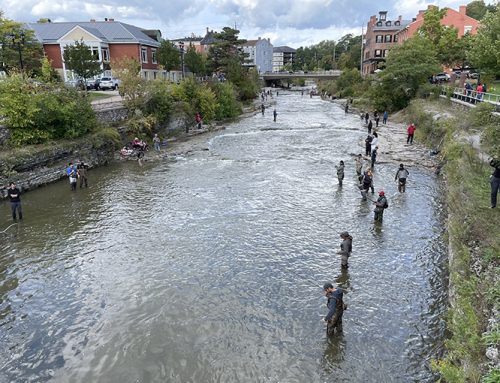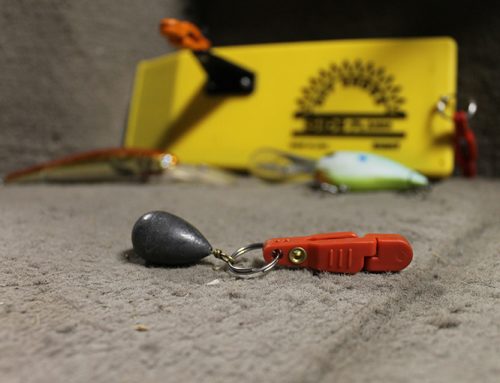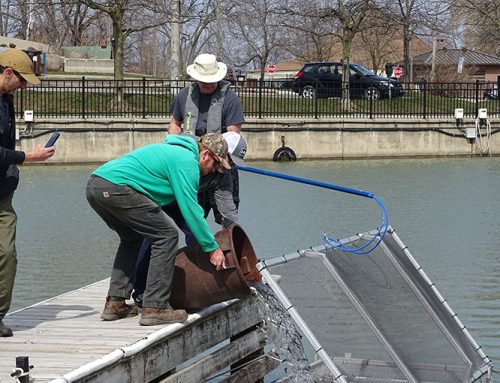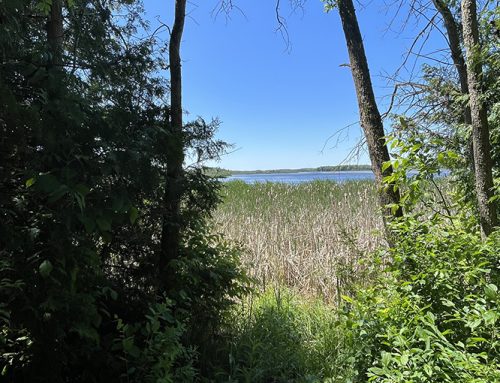
Areas that typically have ice at the end of February — Lake Erie, eastern Lake Ontario, the shores of Lakes Superior and Huron – were largely ice free at that time this year. This resulted in the Great Lakes as a whole having the least amount of ice on record as of the end of February.
“The last two years have seen very little ice on the Great Lakes,” said George Karaganis, senior meteorologist with the Canadian Ice Service.
This was the third year on record Lake Erie was ice free at February’s end, and it had the lowest on record in the middle of the month, but the trend was also seen in the more northern lakes. For the end of February, Lakes Superior and Ontario tied their record for lowest ice coverage, Lake Huron was at its second lowest cover.
Poor ice fishing seasons
Although 2022 was a good ice year, the number of years with ice cover less than 20% are increasing. This includes six of the last 10 years.
Two seasons without ice has been hard on ice hut operators. On Lake Erie’s Long Point Bay, Jimmy Carroll of Jimmy Riggin’ Fishing Charters didn’t get huts out the last two years.
“I have had the huts for 17 years and the last two have been the first time this has happened,” he said.
At Mitchell’s Bay on Lake St. Clair, Bass Haven doesn’t rent huts but does see a boom from ice anglers. This year there were 10 days with hard water. Owner Cathy Shaw said there have been open winters before in the 33 years Bass Haven has been in operation.
“We’re just turning the page because people are putting boats in the water and we’re selling minnows,” she said, adding that the loss of the ice fishing revenue still has an impact.
Lack of ice also impacts the lakes and their ecosystems negatively in other ways. Erosion increases with high winter winds, and there is growing evidence that spring ice helps protect fish eggs from winds that can move them from prime habitat.






Leave A Comment